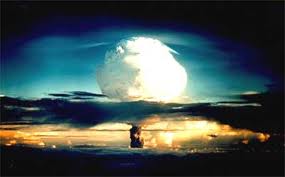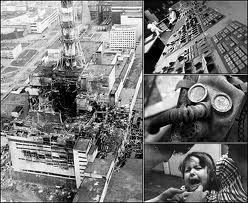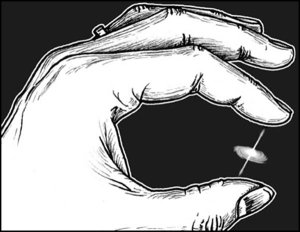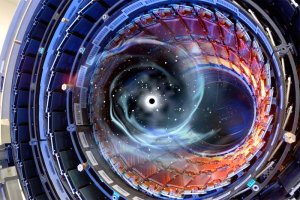

Question: Hey guys, I’ve got a burning question I want answered: Let’s say we have a nuclear fusion power plant. If it goes critical, will a black hole be created that could potentially devour the entire planet?
Asked By: Nguyen Lương Minh
Answer: To start, nuclear fission is a radically different process to nuclear fusion. Fission, like the nuclear power plants on Earth, is the process of deriving energy from splitting atoms apart, while nuclear fusion is the process of taking light elements (like hydrogen and helium) and fusing them into heavier elements. At the current time, the latter has not proven to be fiscally viable, but our sun is a natural nuclear reactor.
When an atom is split into constituent parts, radiation is released — something that is incredibly dangerous to humans in large quantities, as it can warp our DNA, damage biological cells (causing cancer) and can cause infertility through sterilization. Though these just concern the human body itself, without including the implications it can have environmentally.

Two of the most famous nuclear disasters, Chernobyl and Fukushima, took place not too long ago. Both happened after the reactors got too hot, ultimately causing the containers to melt. To offset the chances of another similar incident occurring, the plants have a huge cache of water on hand, to keep the containers cool. So as you can see, both are relatively safe as far as the laws of physics are concerned. Humans, on the other hand, are the architects of their own destruction.
The Creation of a Black Hole:
Generally, a star must have nearly three times more mass than our sun to collapse into a stellar-mass black hole. After the star consumes the entirety of fuel forged in its core for nuclear fusion (something that counteracts the force of gravity keeping the star from collapsing in on itself), gravity will eventually win over, causing the core to collapse into a point-like singularity. In other cases, neutron degeneracy will halt this process, cramming the remaining mass of the star into a dense object only a few kilometers across, called a neutron star.
However, stellar-mass black holes are not the only type of black hole. We also have super-massive black holes that can contain the mass of a billion suns (these are thought to thrive in the galactic center of most galaxies, even our own), as well as the newly discovered ‘ultra-massive’ black holes and micro-black holes.
The Creation of Micro-Black Holes:

There is quite a big debate amongst physicists concerning the minimum mass of a black hole and how much energy one would need to be able to create one, but many believe that miniature black holes could theoretically occur through particle acceleration collisions (like those done at CERN’s Large Hadron Collider). One would need an insane amount of energy to do so, though, with original estimates coming in at about quadrillion (or a million-billion) times more energy than the LHC is capable of generating.

If it was actually possible to create a mini-black hole through this process, it wouldn’t eat Earth from the inside out. Instead, it’s quite likely that the black hole would evaporate in only a fraction of a second (Hawking Radiation). Even if it were stable enough to remain, it would take billions (maybe even trillions) of years for the black hole to consume even a single atom of matter. Sadly, black holes aren’t the cosmic vacuum cleaners most people believe them to be, nor do they exert any more gravitational influence than other celestial objects with the same mass.
So in short: No. Nuclear fission cannot generate black holes. Nor could nuclear fusion reactors (if they ever become feasible). However, micro-black holes ARE possible (in theory), but if one did form, it wouldn’t be able to do any damage to Earth.